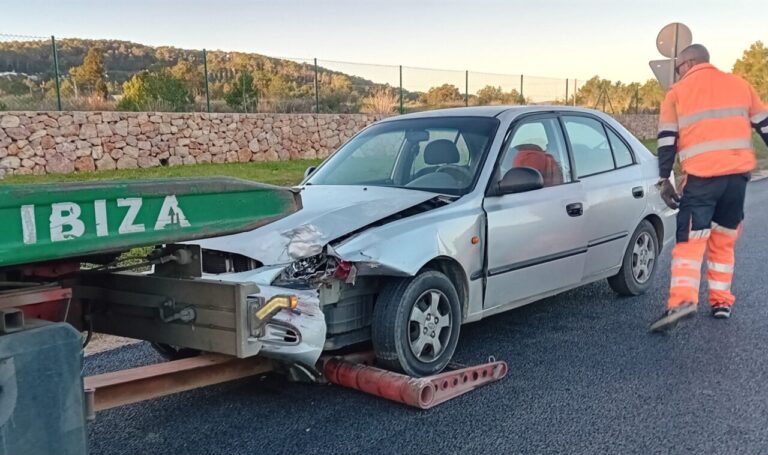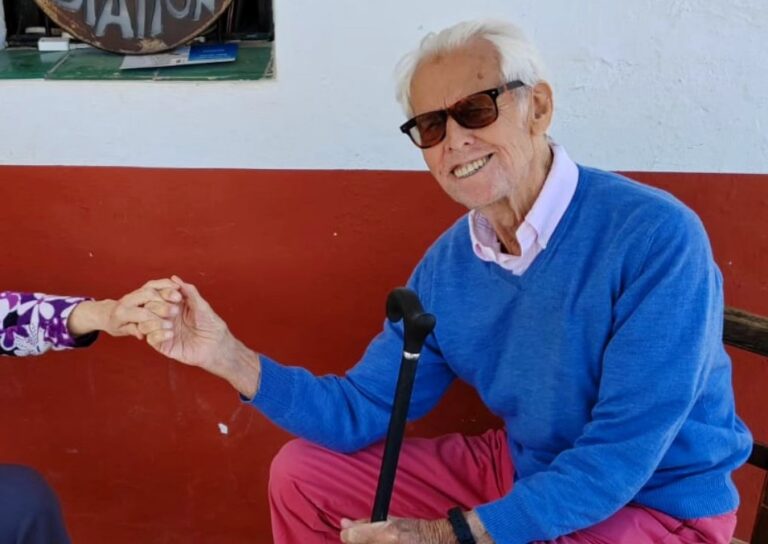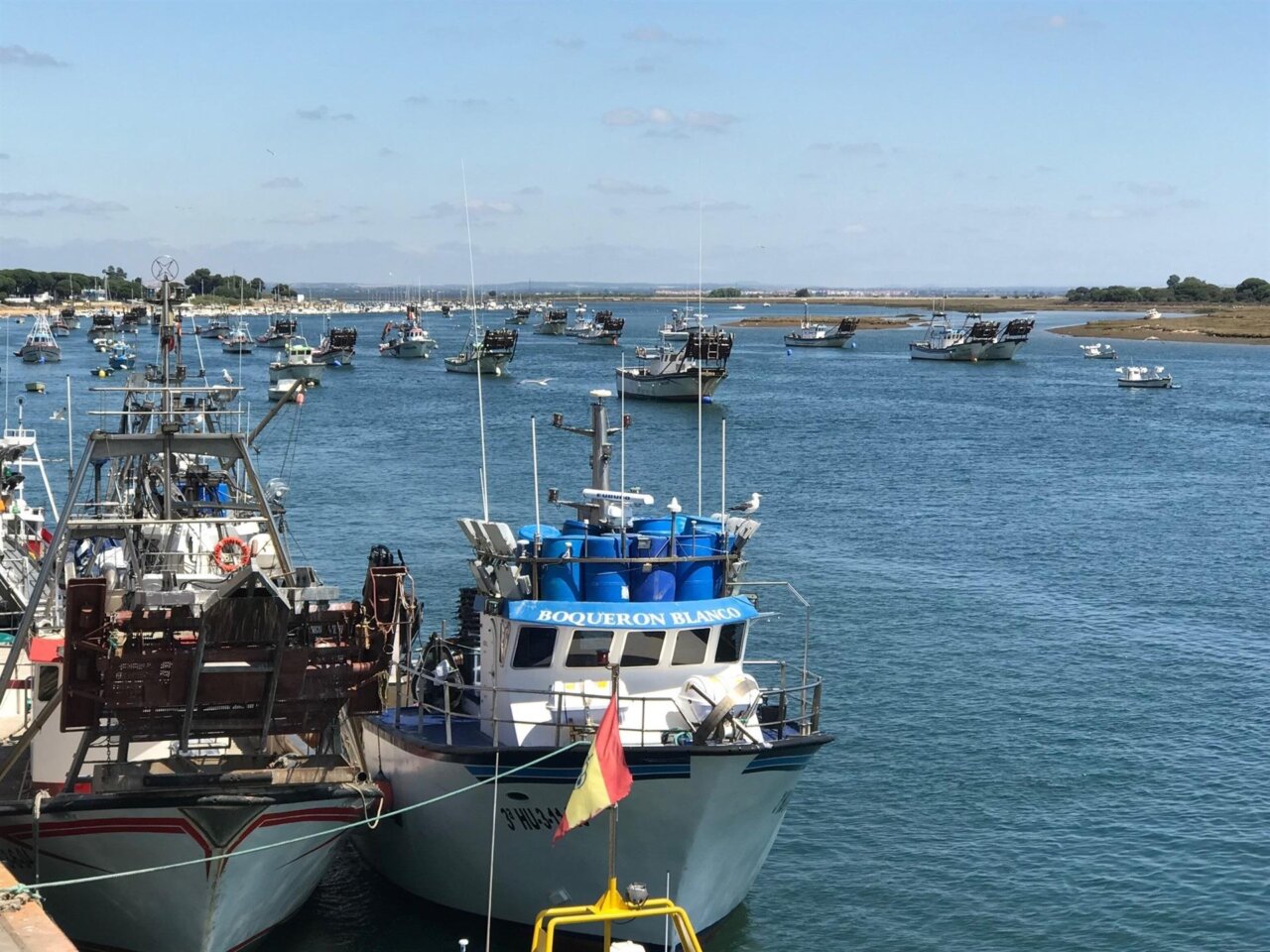The president of the Balearic Government, Marga Prohens, has joined the voices of complaint against the proposal of the European Commission to drastically reduce the days of fishing activity in the Mediterranean, which is analyzed today and tomorrow in Brussels. “We cannot accept a proposal that would mean putting an end to our fishing sector,” she said in a message on social networks.
The president said that the Minister of Agriculture, Fisheries and Natural Environment, Joan Simonet, has already sent a letter to Commissioner Costas Kadis and this Monday the opposition will be raised in Brussels. “In the western Mediterranean, without trawling there is no fishing sector and no fish on the plate,” said Simonet.
A day of strikes and protests
While in Brussels the European Union analyzes the possibility of reducing by 79% the fishing days of the trawling fleet in the Mediterranean area (which implies a reduction from 130 days per year to 27), fishermen from different areas of Spain are on strike and have added claims in the last hours. “We have a lot at stake. People ask me if the Christmas season is in danger: Gentlemen, this year’s Christmas season is in danger, next year’s and the next years, unless we want to eat shrimp from Argentina or squid from Morocco,” said Pedro Mercant, president of the Organization of Fish and Seafood Producers of Mallorca, OPMallorcamar. This is one of the entities that have met in Palma de Mallorca, where delegations of the Pitusas have also approached. In addition, the Minister of the Presidency, Antònia Estarellas, who has stressed that “the Government will fight with all the strength it can because it would be the death for this sector that already drags different stabs these years”. At the same time, demonstrations are taking place in the Fishermen’s Guilds of Ibiza and Formentera. Meanwhile, in Madrid, fishermen from all over the Mediterranean coast are concentrating in front of the Spanish headquarters of the European Commission (EC). In addition to the Balearic Islands, they have arrived in the country’s capital from ports in Andalusia, Murcia, Valencia and Catalonia.









